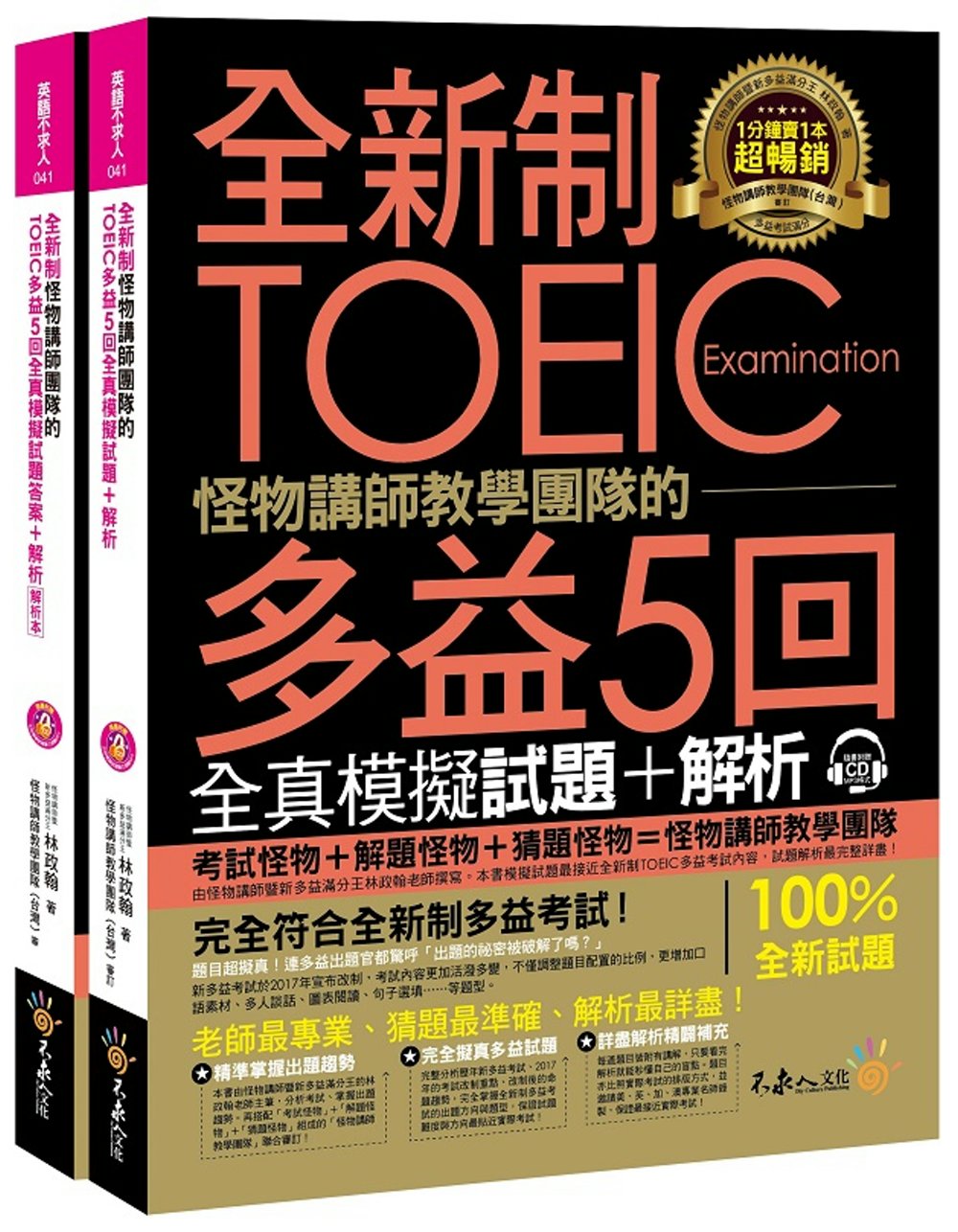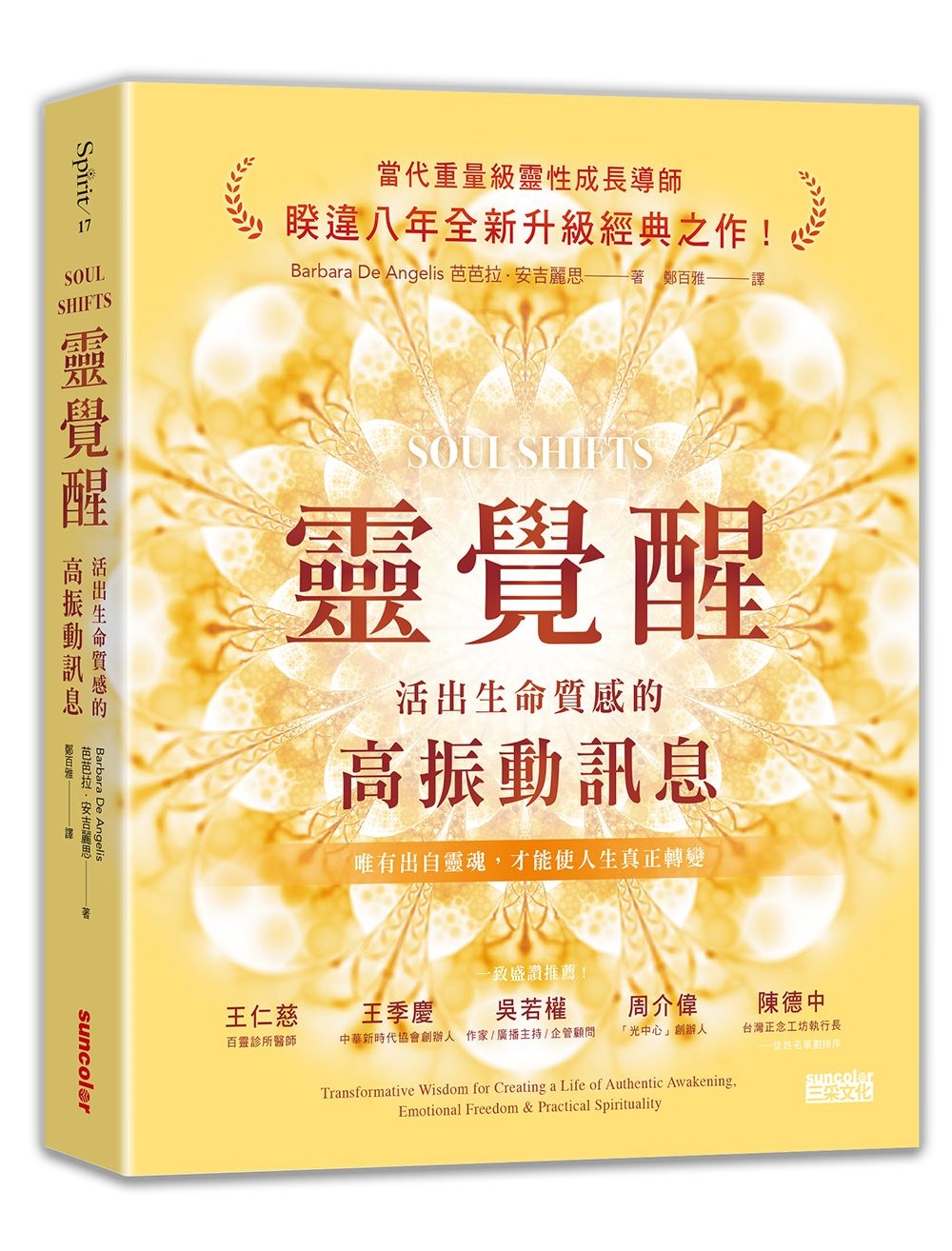The Shallows: What the Internet Is Doing to Our Brains | 做自己 - 2024年6月

The Shallows: What the Internet Is Doing to Our Brains
你的生活已經完全數位化了嗎? 如果是的話,小心,你可能得了「網路淺薄症候群」!
趕快檢查一下,你是不是潛在的高危險群: 每天都會使用Google之類的搜尋引擎 同時開啟的網頁常超過10個 文章還未細讀就先轉貼到自己的塗鴉牆 一發表文章就期待有人按讚回應 離開電腦或手機就無法安排生活 很久沒有讀完一整本書了
Google、Yahoo、Facebook...... 你每天使用的網路,正在悄悄改變你的大腦
「Google讓我們變笨了嗎?」本書作者卡爾曾在二○○八年於著名的《大西洋月刊》提出這個問題,獲得了廣大的回響,也讓當今一項重要的爭辯成形:我們在享受網路帶來的寶藏之餘,是否犧牲了深度思考和閱讀的能力?
現在,卡爾把他的論點發展成至今最吸引人的探索之作,探討網際網路在智能和文化層面造成的影響。數百年來,人類的思考不斷被種種「智能科技」重新塑造(包括字母系統、地圖、時鐘、印刷術和網際網路),從各種歷史和科學證據來看,大腦會因應我們的經驗而改變。我們用來尋找、儲存和分享資訊的科技,確確實實改變了我們的神經通道。
廣博還是淺薄?這是值得我們深思的問題
卡爾彙整了從柏拉圖到麥克魯漢等各個思想家的觀點,說明印刷的書籍如何讓我們集中注意力,促成深度又有創造力的思考;相反地,網際網路鼓勵我們用打游擊的方式到處採集細碎的資訊,並且讓我們不斷被其他東西干擾。如今我們愈來愈習慣快速略讀,卻失去了專注與沉思的能力。
現代人與網路的關係愈來愈密不可分,我們有愈來愈多的人生體驗,是透過電腦螢幕上閃爍搖曳的符號來完成的;我們也把大腦的工作自動化,把思想和記憶交付給強大的雲端系統。人類在享受便利的網路生活之際,卻面臨了更大的思想危機:我們身而為人的知性與感性,正在慢慢消逝。
《網路讓我們變笨?》結合了人類智能史、大眾科學和文化評論,全面且深入地探究了現代人的心智狀態。這本書將會永遠改變我們對於媒體和頭腦的想法。
◎ 榮登《紐約時報》暢銷書榜 ◎ 二○一一年普立茲獎非小說類決選入圍
★本書中譯版《網路讓我們變笨?:數位科技正在改變我們的大腦、思考與閱讀行為》由貓頭鷹出版。
作者簡介
Now, Carr expands his argument into the most compelling exploration of the Internet's intellectual and cultural consequences yet published. As he describes how human thought has been shaped through the centuries by "tools of the mind"--from the alphabet to maps, to the printing press, the clock, and the computer--Carr interweaves a fascinating account of recent discoveries in neuroscience by such pioneers as Michael Merzenich and Eric Kandel. Our brains, the historical and scientific evidence reveals, change in response to our experiences. The technologies we use to find, store, and share information can literally reroute our neural pathways.
Building on the insights of thinkers from Plato to McLuhan, Carr makes a convincing case that every information technology carries an intellectual ethic--a set of assumptions about the nature of knowledge and intelligence. He explains how the printed book served to focus our attention, promoting deep and creative thought. In stark contrast, the Internet encourages the rapid, distracted sampling of small bits of information from many sources. Its ethic is that of the industrialist, an ethic of speed and efficiency, of optimized production and consumption--and now the Net is remaking us in its own image. We are becoming ever more adept at scanning and skimming, but what we are losing is our capacity for concentration, contemplation, and reflection.
Part intellectual history, part popular science, and part cultural criticism, The Shallows sparkles with memorable vignettes--Friedrich Nietzsche wrestling with a typewriter, Sigmund Freud dissecting the brains of sea creatures, Nathaniel Hawthorne contemplating the thunderous approach of a steam locomotive--even as it plumbs profound questions about the state of our modern psyche. This is a book that will forever alter the way we think about media and our minds.
作者簡介
卡爾(Nicholas Carr)
知名作家與思想家,專研商業策略、資訊科技及兩者的交叉點,文章散見於《紐約時報》《金融時報》《波士頓環球報》《華盛頓郵報》《大西洋月刊》《連線》《哈佛商業評論》《商業周刊》《富比士》《財星》等報章雜誌。著有暢銷書《IT有什麼明天?》(Does IT Matter?)與《大轉變》(The Big Switch),本書是他的最新著作,不僅榮登紐約時報暢銷書榜,也入圍二○一一年普立茲獎非小說類作品決選名單。
Nicholas Carr is the best-selling author of The Shallows, a Pulitzer Prize finalist, The Big Switch, and Does IT Matter? His articles and essays have appeared in The Atlantic, the New York Times, the Wall Street Journal, Wired, and The New Republic. He has been writer-in-residence at the University of California, Berkeley, and an executive editor of the Harvard Business Review. He lives in Colorado.
 露露菈菈07草莓鬧鐘點心
露露菈菈07草莓鬧鐘點心 全新制怪物講師教學團隊的TOEIC...
全新制怪物講師教學團隊的TOEIC... 時光小學1+2套書:金鼎獎暢銷作家...
時光小學1+2套書:金鼎獎暢銷作家... 情緒食療:找到你的情緒體質,吃回身心健康
情緒食療:找到你的情緒體質,吃回身心健康 心臟噗通噗通+肚子鬧鐘咕嚕咕嚕叫:...
心臟噗通噗通+肚子鬧鐘咕嚕咕嚕叫:... 代謝力UP減醣好好:體重輕鬆瘦,體...
代謝力UP減醣好好:體重輕鬆瘦,體... 每天叫醒你的不是鬧鐘,而是心中的夢...
每天叫醒你的不是鬧鐘,而是心中的夢... 晨讀10分鐘:成語故事集2.生活篇...
晨讀10分鐘:成語故事集2.生活篇... 葛瑞的囧日記大全套(共15冊)
葛瑞的囧日記大全套(共15冊) 靈覺醒:活出生命質感的高振動訊息
靈覺醒:活出生命質感的高振動訊息